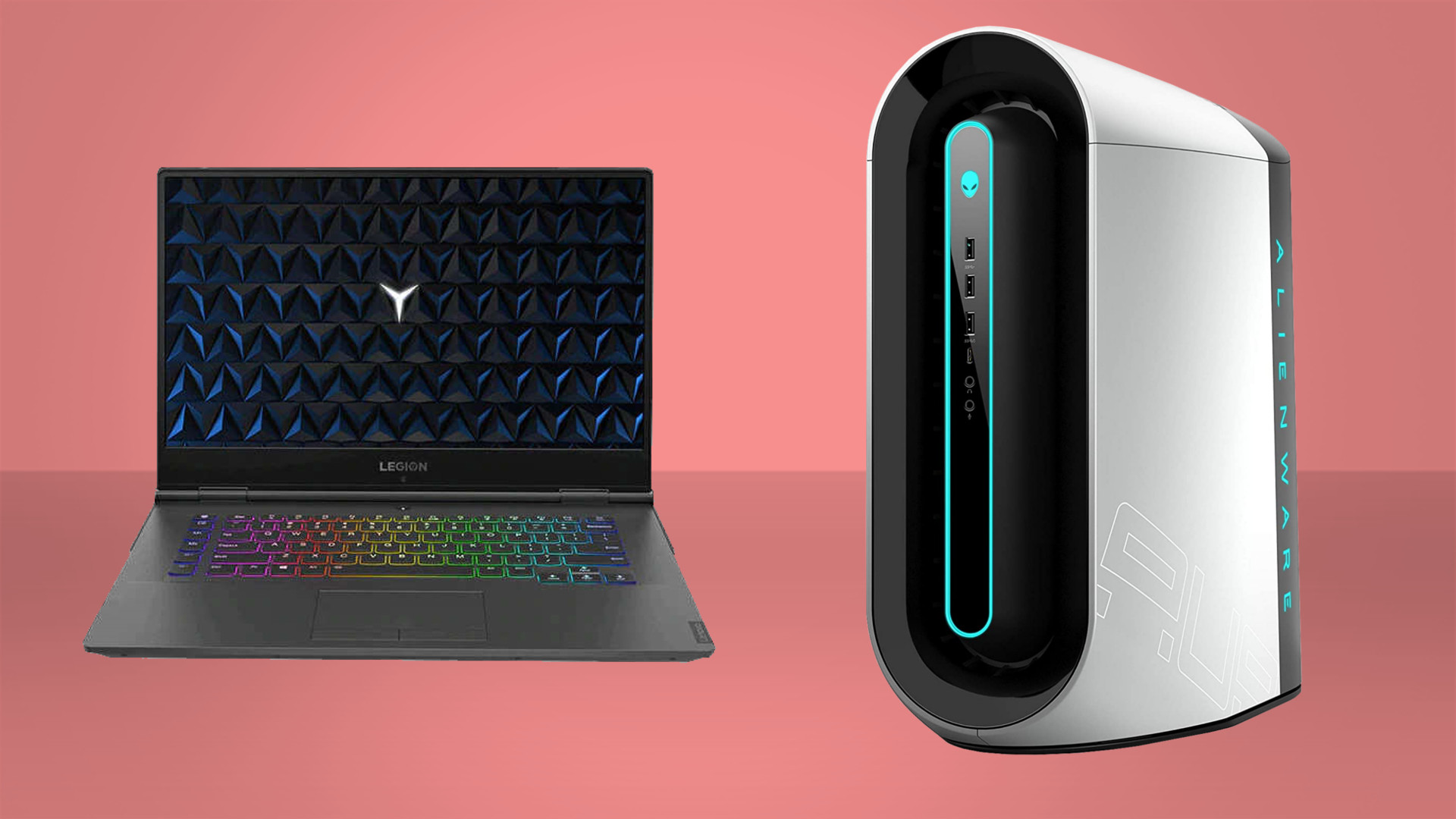ARM CPUs expected to own 30% of PC market by 2026
But you won't be gaming on an ARM PC just yet.

Keep up to date with the most important stories and the best deals, as picked by the PC Gamer team.
You are now subscribed
Your newsletter sign-up was successful
Want to add more newsletters?

Every Friday
GamesRadar+
Your weekly update on everything you could ever want to know about the games you already love, games we know you're going to love in the near future, and tales from the communities that surround them.

Every Thursday
GTA 6 O'clock
Our special GTA 6 newsletter, with breaking news, insider info, and rumor analysis from the award-winning GTA 6 O'clock experts.

Every Friday
Knowledge
From the creators of Edge: A weekly videogame industry newsletter with analysis from expert writers, guidance from professionals, and insight into what's on the horizon.

Every Thursday
The Setup
Hardware nerds unite, sign up to our free tech newsletter for a weekly digest of the hottest new tech, the latest gadgets on the test bench, and much more.

Every Wednesday
Switch 2 Spotlight
Sign up to our new Switch 2 newsletter, where we bring you the latest talking points on Nintendo's new console each week, bring you up to date on the news, and recommend what games to play.

Every Saturday
The Watchlist
Subscribe for a weekly digest of the movie and TV news that matters, direct to your inbox. From first-look trailers, interviews, reviews and explainers, we've got you covered.

Once a month
SFX
Get sneak previews, exclusive competitions and details of special events each month!
Industry analyst Canalys is predicting that ARM chips will snag 30 percent of the PC market by 2026. It also predicts that half of cloud server market, currently dominated by x86 CPUs, will also fall to ARM processors in the same time frame. But what could that all mean for gaming PCs?
Steve Brazier, president and CEO of Canalys, reckons it all adds up to an "extraordinary industry-changing event that simply has not been taken seriously enough."
Depending on how you define a PC, ARM chips are already found in a sizeable chunk of the market—nearly all Apple Macs now use ARM-based CPUs. And Apple has a surprisingly high 13.5 percent share of the PC market. ARM chips are also found in a wide range of cheapo Chromebooks.
Other analysts are somewhat more conservative when it comes to ARM's overall market share in PCs. But another analyst outfit, Mercury Research, still thinks ARM's share of PC processors doubled from seven percent in mid 2021 to just over 13 today. That's a rapid increase by any measure.

Best gaming PC: the top pre-built machines from the pros
Best gaming laptop: perfect notebooks for mobile gaming
Of course, you wouldn't want a Mac or Chromebook as your primary gaming rig. But what Apple's M1 and M2 chips certainly have done is prove that ARM can compete with traditional x86 CPUs for raw performance, something that was never previously true.
Meanwhile, Qualcomm is making big claims for its own new custom-designed Oryon ARM cores, due out next year. They're built specifically for Windows machines and the aim for Qualcomm is to be competitive with Apple's M1 and M2 chips.
If Qualcomm achieves that, it will by default be competitive in pure performance terms with Intel and AMD x86 chips. The question then becomes one of software support. Porting games—and other critical software like graphics drivers—over to ARM from x86 would be a major effort.
Keep up to date with the most important stories and the best deals, as picked by the PC Gamer team.
So, while a big chunk of the PC market could well be running on ARM within a few years, we think it will take much, much longer for gaming PCs to make the jump—if indeed that ever happens. ARM-powered gaming PCs are one of those much mooted new technologies that's always just over the horizon. Long predicted, but seemingly never actually getting much closer.

Jeremy has been writing about technology and PCs since the 90nm Netburst era (Google it!) and enjoys nothing more than a serious dissertation on the finer points of monitor input lag and overshoot followed by a forensic examination of advanced lithography. Or maybe he just likes machines that go “ping!” He also has a thing for tennis and cars.

